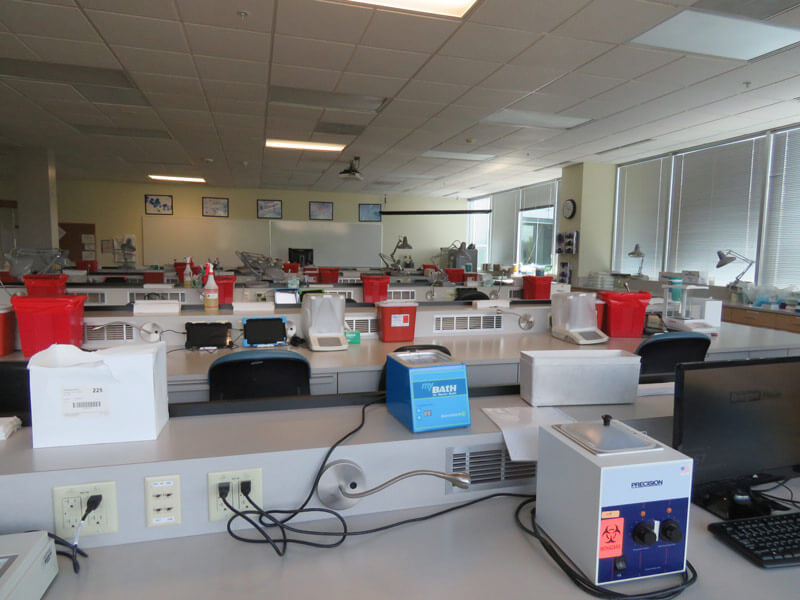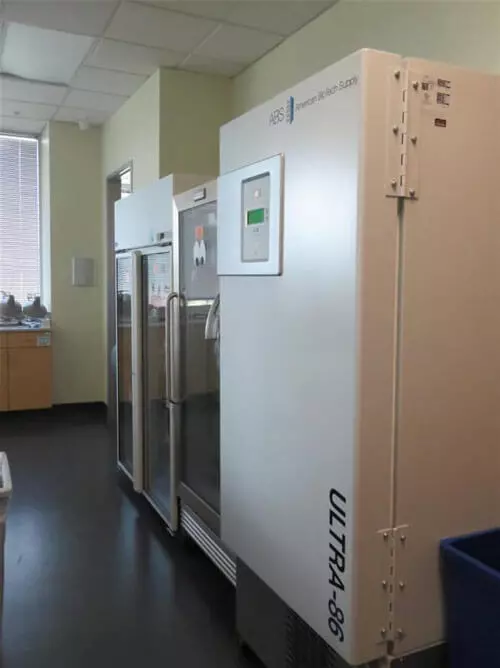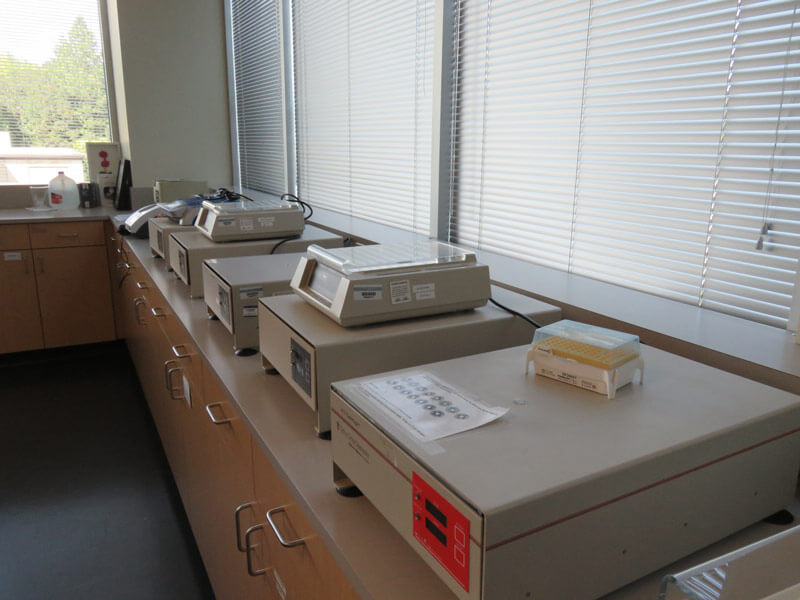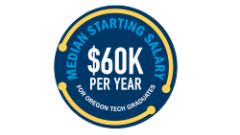Medical laboratory scientists are vital members of the health care team, providing information from laboratory analyses that assist physicians in patient diagnosis and treatment, as well as disease monitoring and prevention. Medical laboratory testing encompasses such disciplines as clinical chemistry, urinalysis, hematology, hemostasis, immunology, immunohematology, microbiology, and molecular biology. Medical laboratory science professionals generate accurate laboratory data that aid in detecting disease processes such as cancer, heart attacks, diabetes, leukemia, identification of bacteria or viruses that cause infections, as well as detecting drugs of abuse and preparing blood products for transfusion. The medical laboratory scientist is trained in interpreting the test results and correlating them with other laboratory data to identify disease states. In addition, they monitor testing quality and consult with other members of the healthcare team.

Related Degree Programs
Contact
Students encounter principles, methods, and technology involved in the clinical laboratory diagnosis of microorganisms that infect humans. Students study human pathogens and learn to perform tests to detect these infections. Students learn techniques for analyzing samples to distinguish normal and pathogenic bacterial, fungal and parasitic organisms. The microbiology lab feature incubators, biological safety hood, and other specialized instrumentation used to study infectious diseases.


In the MLS laboratories, students learn the theory and operation of biomedical instrumentation and methodologies required to perform laboratory testing on blood and body fluids. Our partnership with OHSU allows students to work with actual patient specimens.






